Sweating is inevitable in the summer heat, and while a moderate amount of sweating can help your health, a lot of sweating can lead to physical deficiency and injury.
Today, let's talk about sweating ......
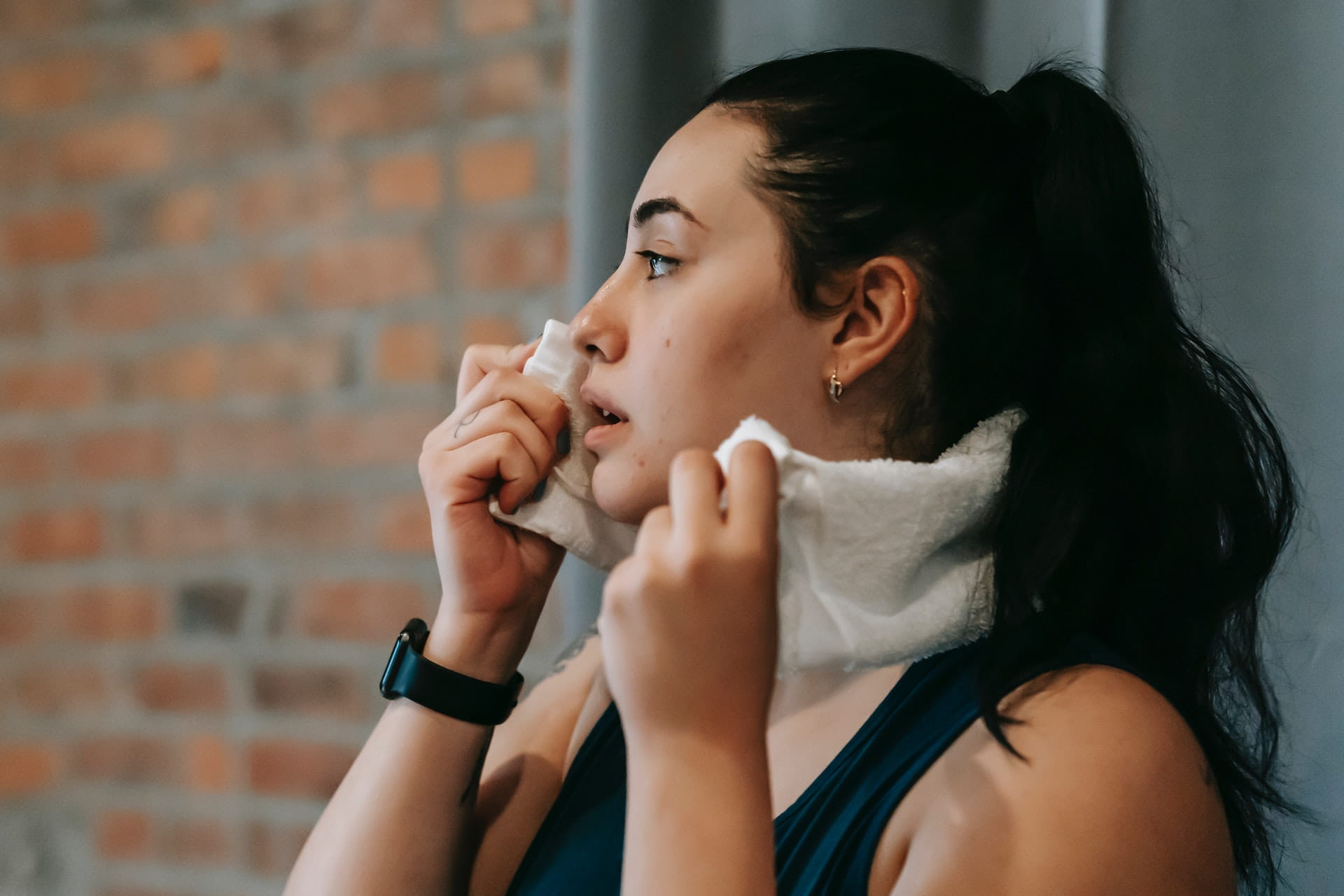
Why do people sweat?
Sweating is a normal physiological phenomenon. In order to maintain a constant body temperature, humans, for example, have to sweat to dissipate excess heat.
Sweating is necessary for the body and is divided into two types: active and passive.
Active sweating.
This is caused by the body sweating after exercise, sweating under stress or irritability, and after eating spicy and hot foods (chilli, pepper, garlic, ginger, lamb, coffee, etc.).
Passive sweating.
This is usually due to sweating in hot, humid weather.
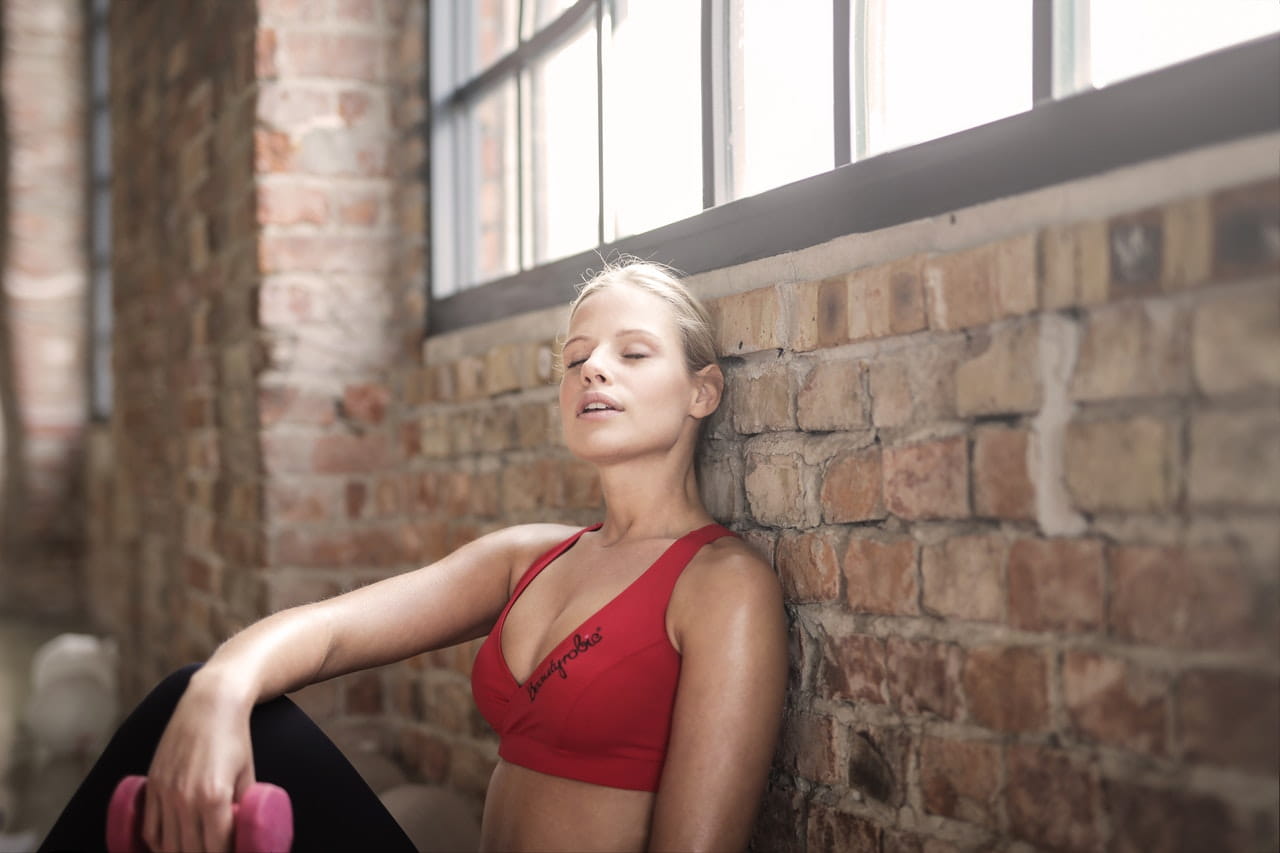
However, abnormal sweating can be caused by problems with the body's thermoregulatory centre or the nerves that control the sweat glands. Chinese medicine classifies abnormal sweating as sweating.
What is sweating
Sweating is defined as sweating at all times during the day, without the influence of external environmental factors. Spontaneous sweating can be caused by physical weakness, deficiency of Qi and Yin, and leakage of fluids. This type of spontaneous sweating is often accompanied by symptoms such as fatigue, weakness, shortness of breath and aversion to cold.
In general, children are prone to sweating during the first 2 hours of sleep because their internal organs are young and their regulatory functions are a little weak, or because they eat before bedtime and play around, so they do not need special treatment. However, if they sweat too much and get tired easily, they need to seek medical attention.
In addition, women in labour, especially new mothers, who tend to use up their Qi and blood during labour, are also prone to excessive sweating and night sweats in the first week or two after giving birth, which should also be treated promptly if they persist for a long time.
Other conditions, such as some people who are particularly prone to sweating on the head, such as significant sweating on one side of the body, can be seen in patients with hemiplegia of the limbs after a stroke and are associated with stagnation and obstruction of Qi and Blood in the patient's side limbs, in line with the previous theory of Wang Qingren.
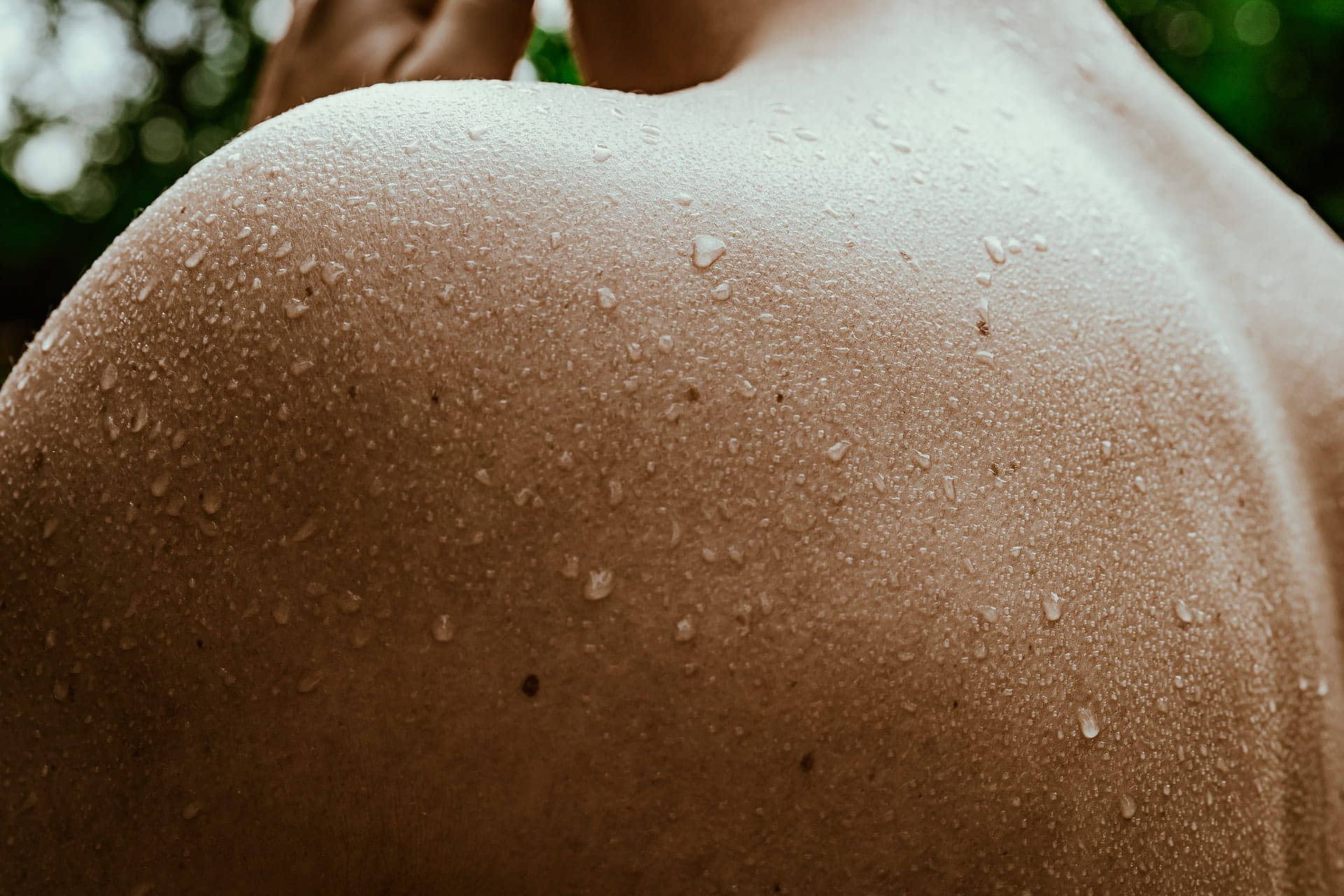
Proper sweating in summer
In summer, it is normal for people to sweat in hot weather, during activities, when they are overdressed, during mood swings, when they are stressed, when they are eating, etc. This is a normal physiological phenomenon.
If, because you hate sweating, you spend the whole summer in the low-temperature environment created by air conditioning and do not go out to exercise, but only stay indoors, it is not conducive to good health, but rather prone to the symptoms of a heavy body, soreness and weakness.
Sweating is a manifestation of the normal production and release of yang energy. Not sweating for a long period of time will affect the balance of yin and yang and the metabolism of the body, which can lead to illness in the long run.
Therefore, it is advisable to go out at the right time in accordance with the weather and your physical condition. When you sweat a lot, take care to rehydrate yourself.
How to improve excessive sweating
1. Eat a light diet in summer, and try to eat less spicy, fatty and stimulating food.
2. Eat plenty of fresh fruits, vegetables and meat to replenish electrolytes and minerals.
3. After sweating you can supplement your sports drink with salt and sugar needs, the most economical is plain water with a little salt.
4. choose loose and breathable clothing and shoes for summer.
5. combine work and rest to ensure a good night's sleep and a relaxed emotional state.
6. Maintain personal hygiene, change your clothes regularly and keep your skin dry and clean, so that dirt does not block your sweat glands and pores.
7. Keep masks and hygienic safety distances still in place, in open and ventilated areas, and also untie your face to reduce skin discomfort caused by facial sweat.
8. Abnormal sweating should be actively diagnosed and treated to prevent delay.

Popular Articles
-
Keep your power sockets and air conditioner remote control well stored
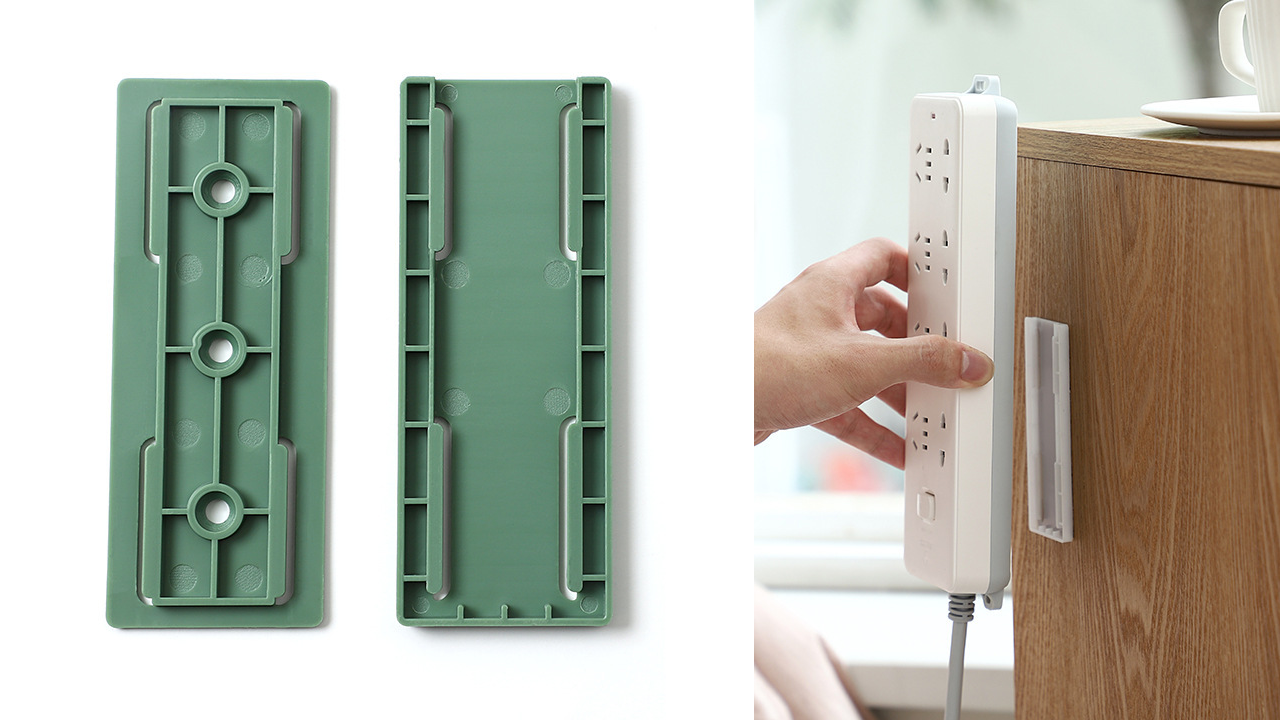
Photos
-
 How many languages are there in the world?
How many languages are there in the world?Jun 07, 2025
-
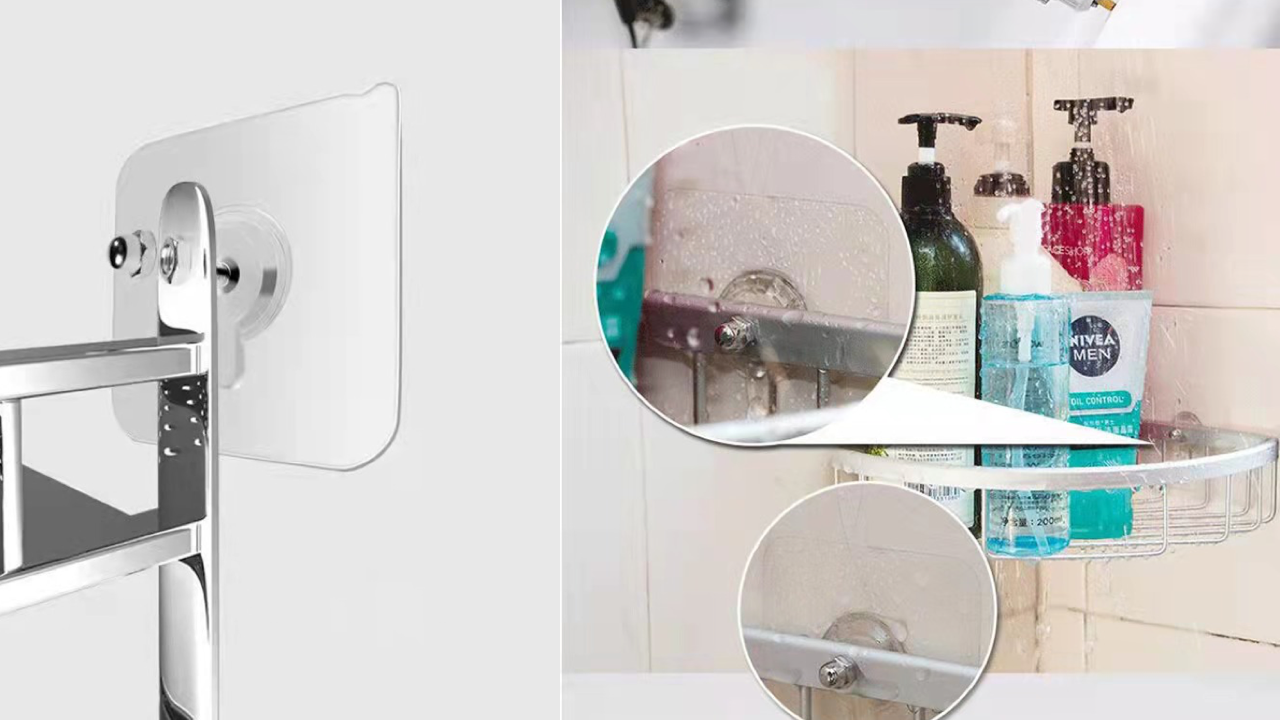 Shelves and pictures can be installed without drilling holes in the wall
Shelves and pictures can be installed without drilling holes in the wallJun 07, 2025
-

Photos
The world's most beautiful big cities at nightJun 07, 2025
-
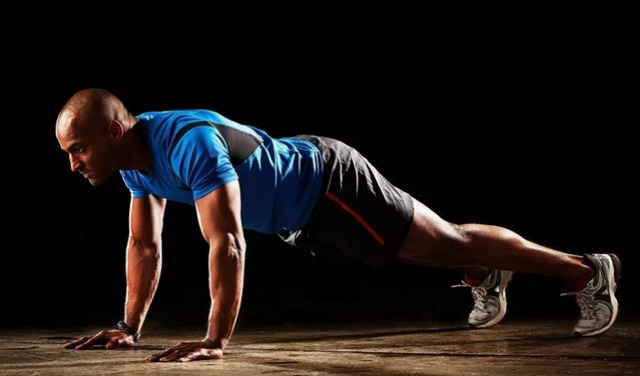 Which works better: bench press or push-up? The results are clear at a glance.
Which works better: bench press or push-up? The results are clear at a glance.Jun 07, 2025
-
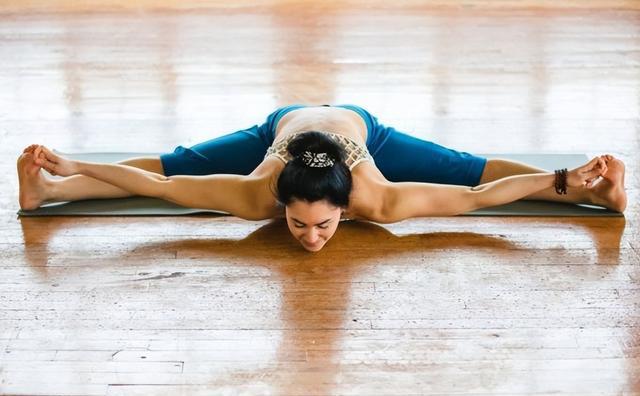 Yoga sitting angle pose so practice, open the range more than a little
Yoga sitting angle pose so practice, open the range more than a littleJun 07, 2025







Comments
15 months ago
preventing dehydration during summer exercise